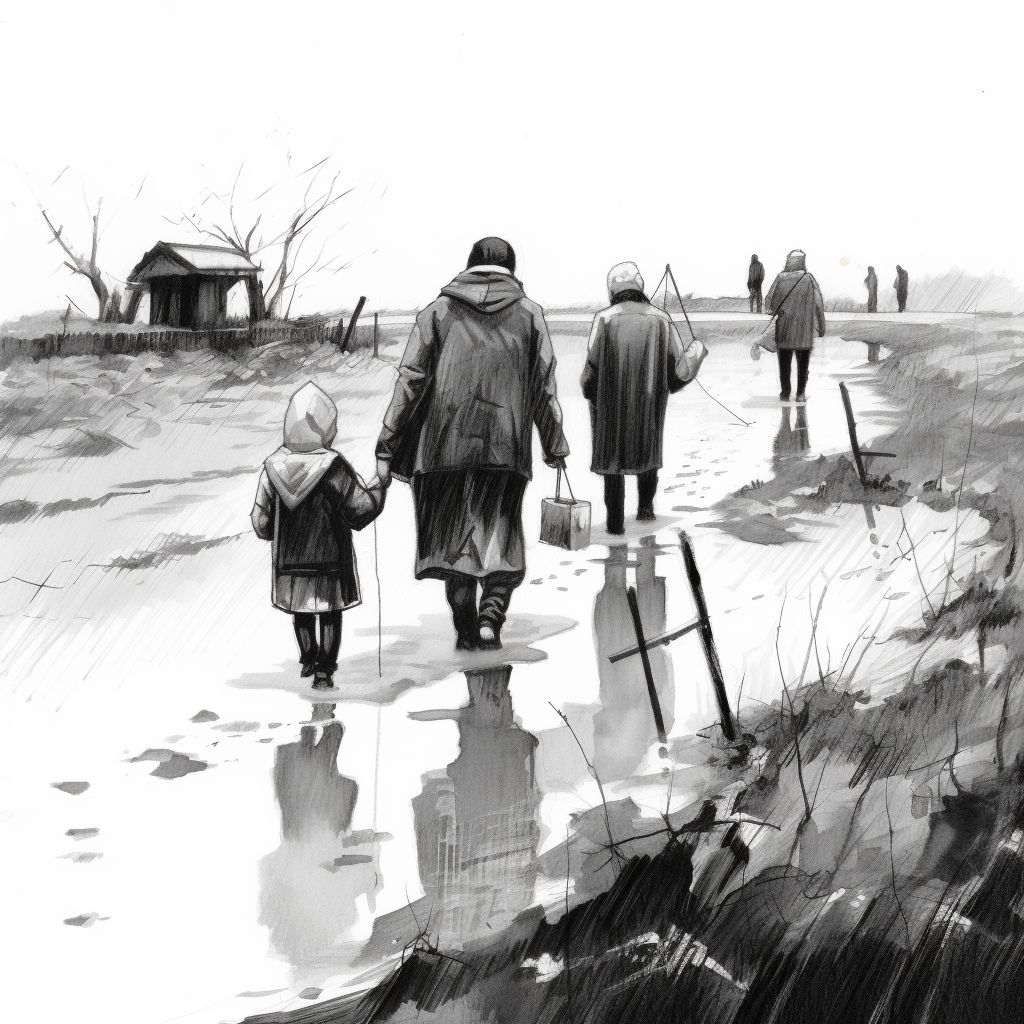South Africa’s cultural tradition of customary initiation is a significant rite of passage into adulthood that holds great significance within the country’s rich cultural heritage. As it symbolizes an important transition, it is essential to observe the highest levels of respect, care, and legal compliance.
The Launch of the National Initiation Oversight Committee (NIOC) Customary Initiation Act Awareness Campaign
To preserve this cultural heritage, the South African government has launched the NIOC Customary Initiation Act Awareness Campaign under the theme “Preserving Lives, Promoting Customs.” The campaign is led by the Minister of Cooperative Governance and Traditional Affairs (CoGTA), Ms. Thembi Nkadimeng, Deputy Minister Prince Zolile Burns-Ncamashe, and the National Chairperson of the NIOC, Ikosi VW Mahlangu.
The primary objective of this initiative is to promote awareness, education, and compliance with the Customary Initiation Act, which President Cyril Ramaphosa officially enacted into law in 2021. This collaborative effort brings together the National and Provincial Initiation Oversight Committees, government departments, traditional leaders, and various stakeholders.
The Purpose of the Customary Initiation Act
The Customary Initiation Act aims to preserve lives and prevent any forms of abuse that initiates may experience due to unacceptable initiation practices. Additionally, the Act seeks to regulate initiation by establishing acceptable norms and standards.
The Media Briefing
The awareness campaign’s launch will feature a media briefing led by Minister Nkadimeng, Deputy Minister Burns-Ncamashe, and the National Chairperson of the NIOC, Ikosi VW Mahlangu. Also, the briefing will be attended by the Chairperson of the National House of Traditional and Khoi-San Leaders (NHTKL), Kgosi Thabo Seatlholo, Deputy Chairperson of the NIOC, along with Chairpersons and Deputy Chairpersons of the Provincial Initiation Coordinating Committees (PICCs).
The briefing will take place on Friday, 23 June 2023, at 10:00 in the GCIS, Ronnie Mamoepa Press Room, Tshedimosetso House, 1035 Francis Baard Street, Hatfield, Pretoria, emphasizing the importance of the cultural practice in South African society.
Significance of Traditional Initiation Rites
Traditional initiation rites are an integral part of South African culture and symbolize the transition to adulthood, helping maintain a connection to the nation’s rich cultural heritage.
The South African Government’s Commitment
The South African government’s commitment to preserving these customs while ensuring the safety and well-being of initiates offers a promising foundation for the future of this cultural practice.
The launch of the NIOC Customary Initiation Act Awareness Campaign demonstrates the South African government’s dedication to protecting initiates and fostering a respectful and responsible approach to traditional initiation practices. This initiative serves as a powerful testament to the importance of preserving cultural heritage while promoting the welfare of all participants.








